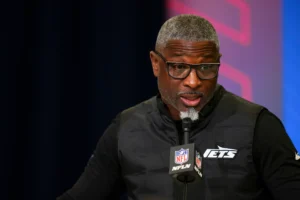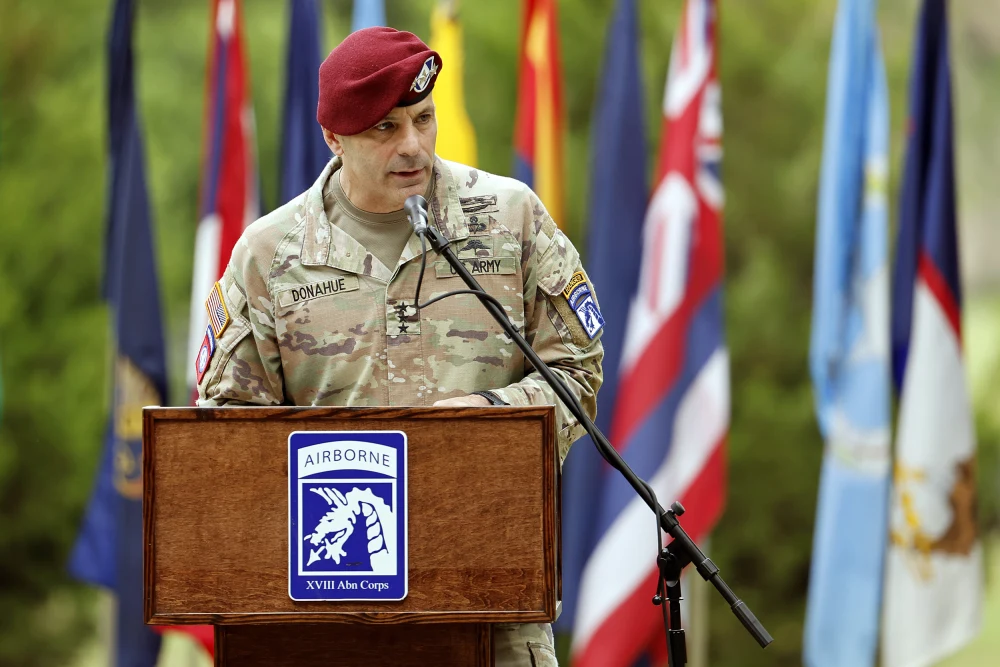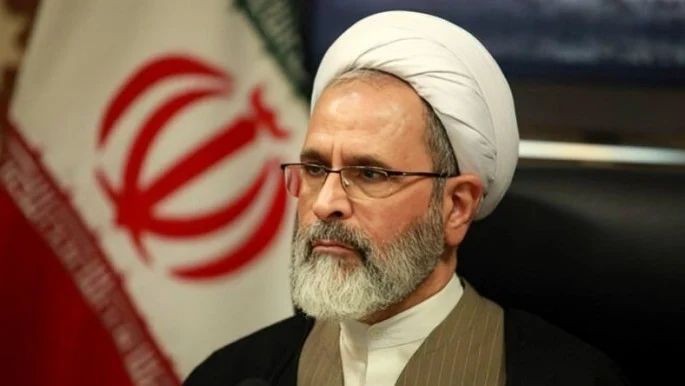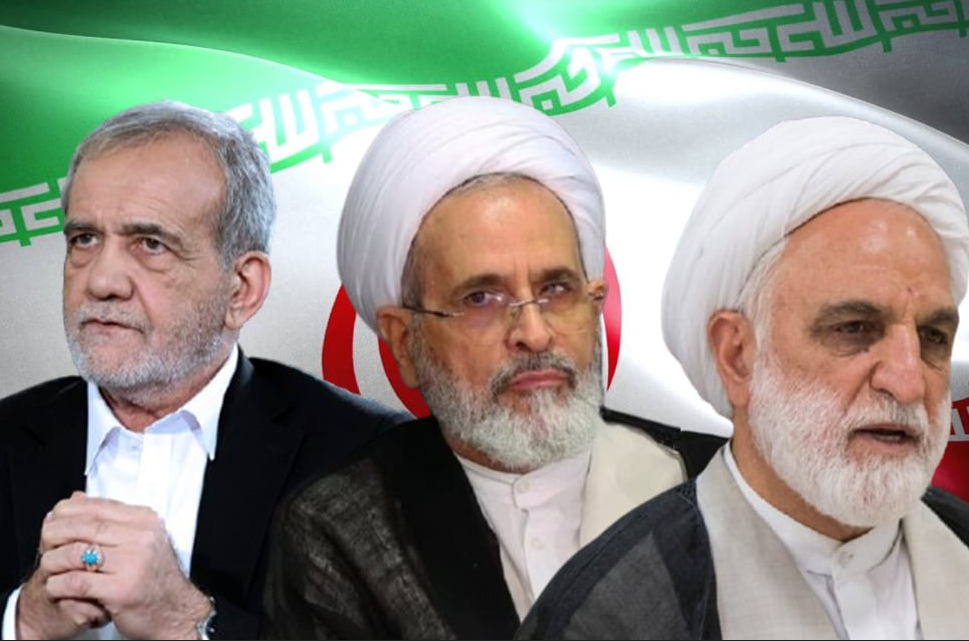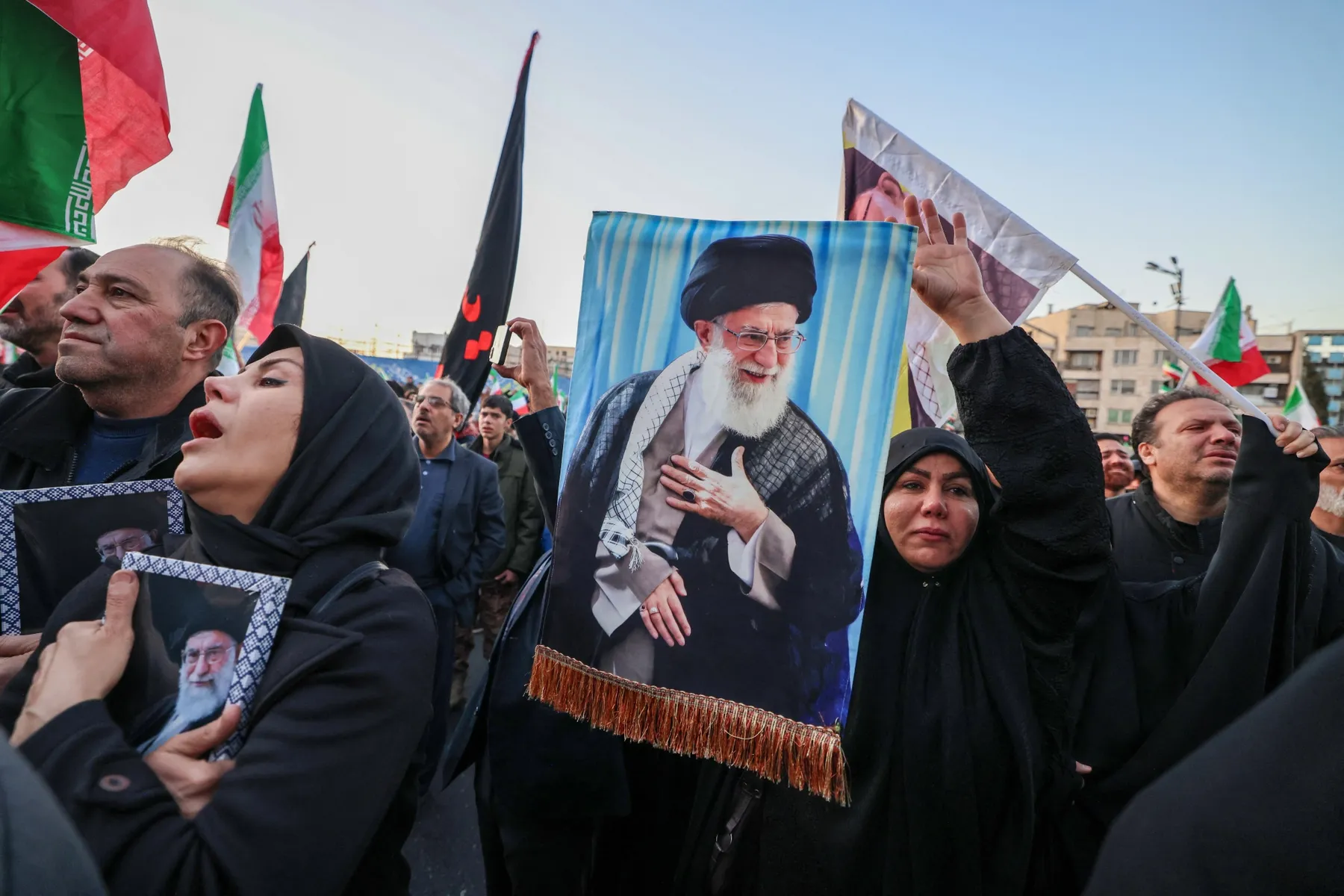President Donald Trump has made a major change to how top U.S. military leaders are confirmed. For the first time in history, all four-star general nominees will now have to meet with the president before their promotions are approved.
This move marks a sharp break from the long-standing tradition where military promotions were handled without direct presidential interviews. The White House says this new process will help keep the military strong and ready to fight.
White House spokesperson Anna Kelly explained that Trump wants the U.S. military to stay the most powerful force in the world. She said that the president speaks with each nominee to make sure they are true fighters—not just government workers.
Kelly also said these meetings are not about politics. Instead, they are meant to make sure leaders are fully committed to winning wars. The goal, she added, is to keep America safe by having the best people in command.
The New York Times was the first to report this new policy. It said that Defense Secretary Pete Hegseth was the one who first pushed for it. Hegseth, a former military officer himself, supports more direct presidential involvement in choosing top generals.
Some experts and former officials have voiced concern. They worry that these one-on-one meetings could make top military jobs seem political. In the past, military leaders earned their roles based on skill, service, and leadership—not personal loyalty to a president.
Traditionally, the military has remained separate from politics to protect trust and fairness. Critics say this new process could blur those lines and raise doubts about whether leaders are being picked for the right reasons.
Despite the concerns, supporters of the policy say it is about strength and focus. They argue that meeting with the president can help ensure that top generals truly understand the goals and values of the nation they serve.
Some former military officials have shared mixed reactions. While some see value in better communication between the White House and the military, others fear this could weaken long-standing values that keep the military fair and neutral.
The U.S. military has long been praised for staying out of politics. Its leaders are expected to follow the Constitution and serve the country, not any one person. Critics warn that this change may slowly shift that balance.
So far, no nominee has been reported to have failed one of these new meetings. It’s unclear whether Trump plans to expand the policy to include lower-ranking officers or other branches of the military.
As the 2024 election approaches, Trump’s influence over the military is likely to stay in the spotlight. With this new rule, the line between military duty and political preference may face more public debate.
Whether the meetings improve military leadership or invite more questions, one thing is clear: a centuries-old rule has now changed. And with that change, the role of the president in shaping the military’s future has become much more direct.


